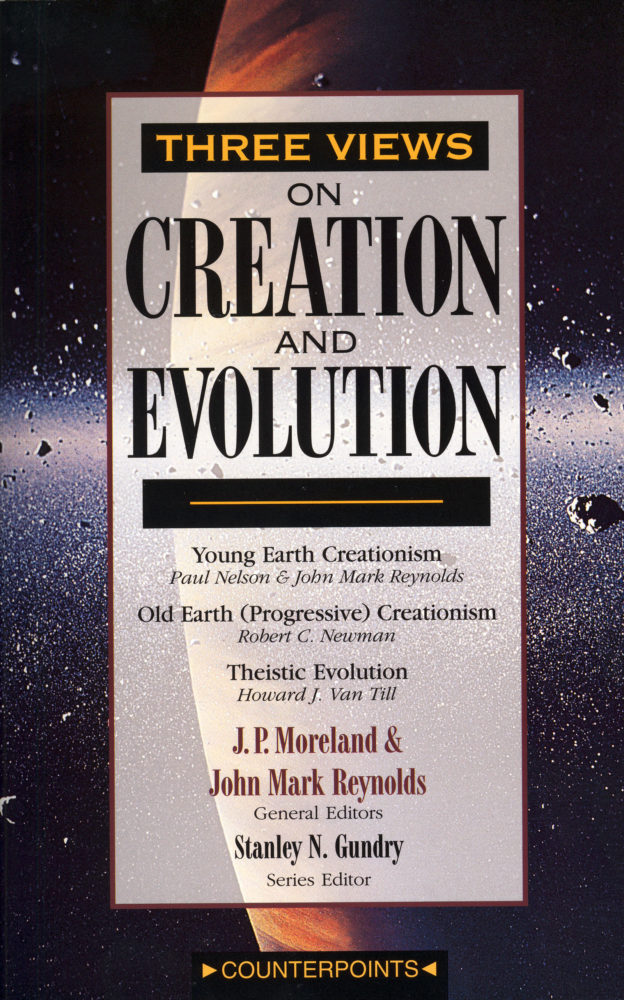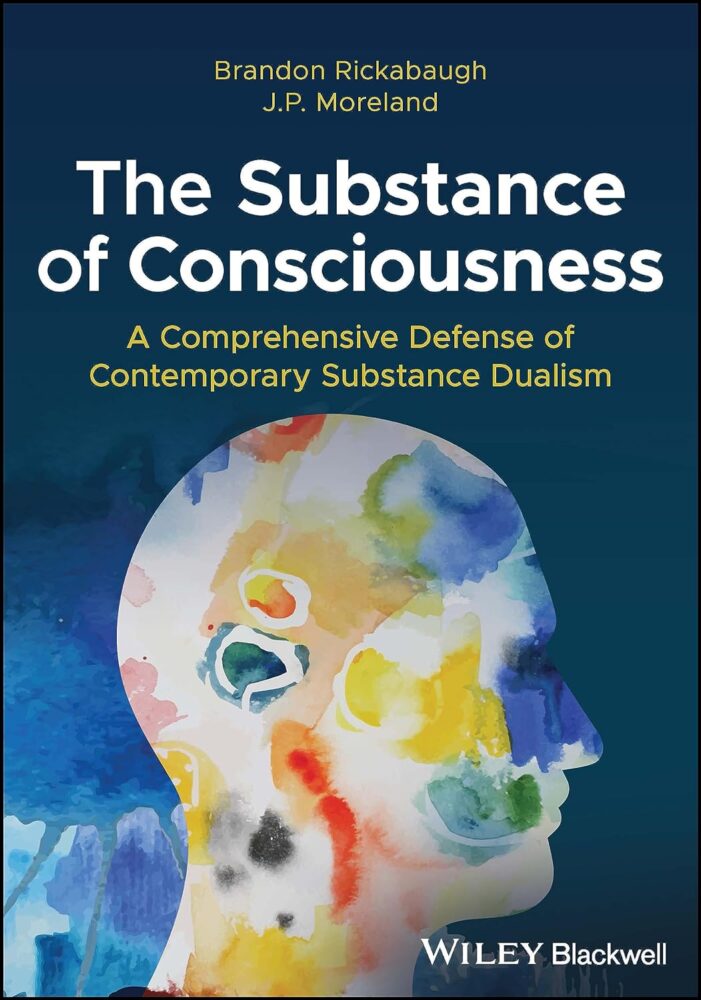
J. P. Moreland is Distinguished Professor of philosophy at Talbot School of Theology, Biola University. He received a B. S. in physical chemistry from the University of Missouri, a Th.M. in theology from Dallas Theological Seminary, an M.A. in philosophy from the University of California at Riverside, and a Ph.D. in philosophy at the University of Southern California. He has authored, edited, or contributed papers to ninety-five books, including Does God Exist? (Prometheus), Universals (McGill-Queen’s), Consciousness and the Existence of God (Routledge), The Blackwell Companion to Natural Theology, The Blackwell Companion to Substance Dualism, and Debating Christian Theism (Oxford.) He has also published close to 90 articles in journals such as Philosophy and Phenomenological Research, American Philosophical Quarterly, Australasian Journal of Philosophy, MetaPhilosophy, Philosophia Christi, Religious Studies, and Faith and Philosophy. Moreland was selected in 2016 by The Best Schools as one of the 50 most influential living philosophers.
Archives


J. P. Moreland on Mental Health and the Reality of the Soul

J. P. Moreland on Scientism, Darwinism, and Bucking the Consensus
J.P. Moreland: Scientism Fuels Our Culture’s Turmoil
J. P. Moreland on the Contradictions of Scientism

Tom Gilson Reviews J.P. Moreland’s New Book on the Dangers of Scientism
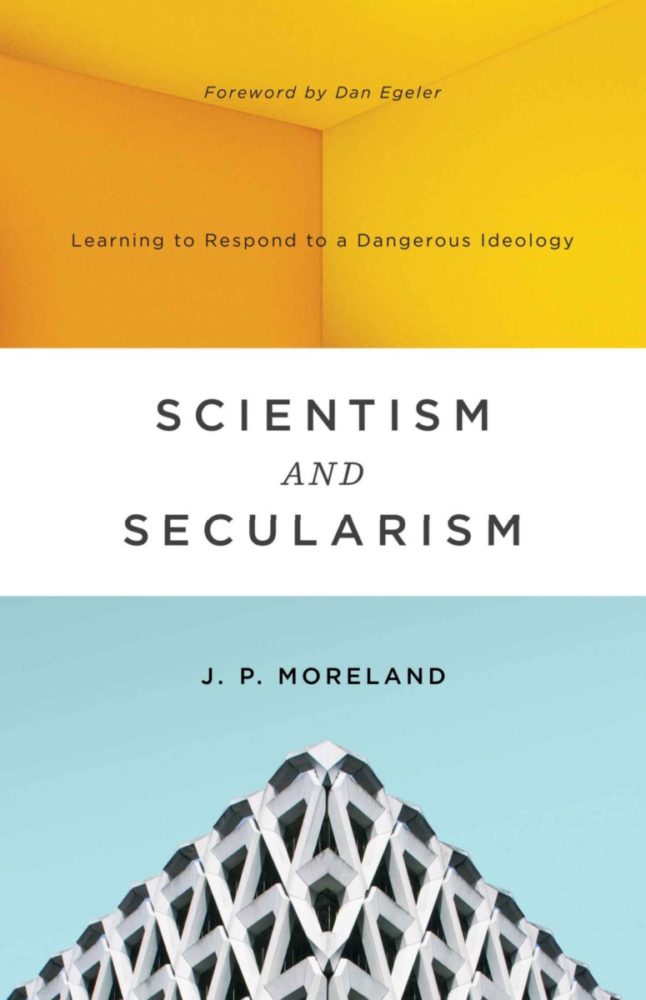
Scientism and Secularism
Learning to Respond to a Dangerous Ideology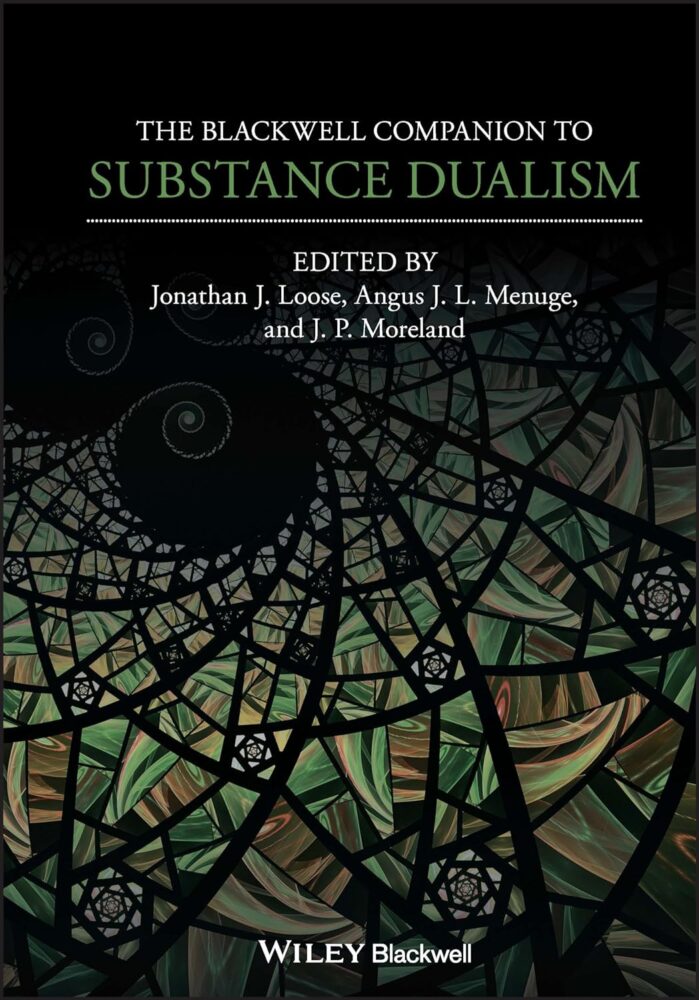
The Blackwell Companion to Substance Dualism

Theistic Evolution Has a Logic Problem, Materialism Has a History Problem
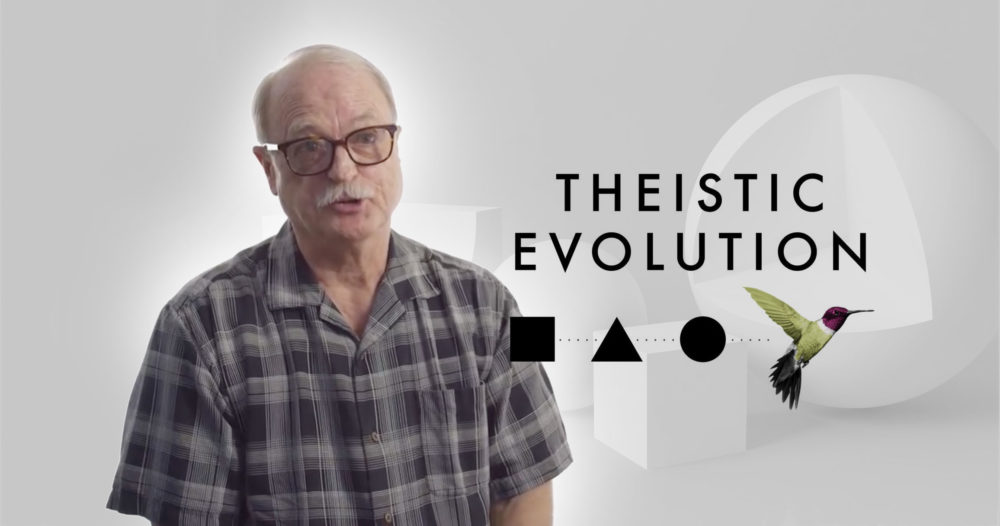
The Logical Contradiction at the Heart of Theistic Evolution
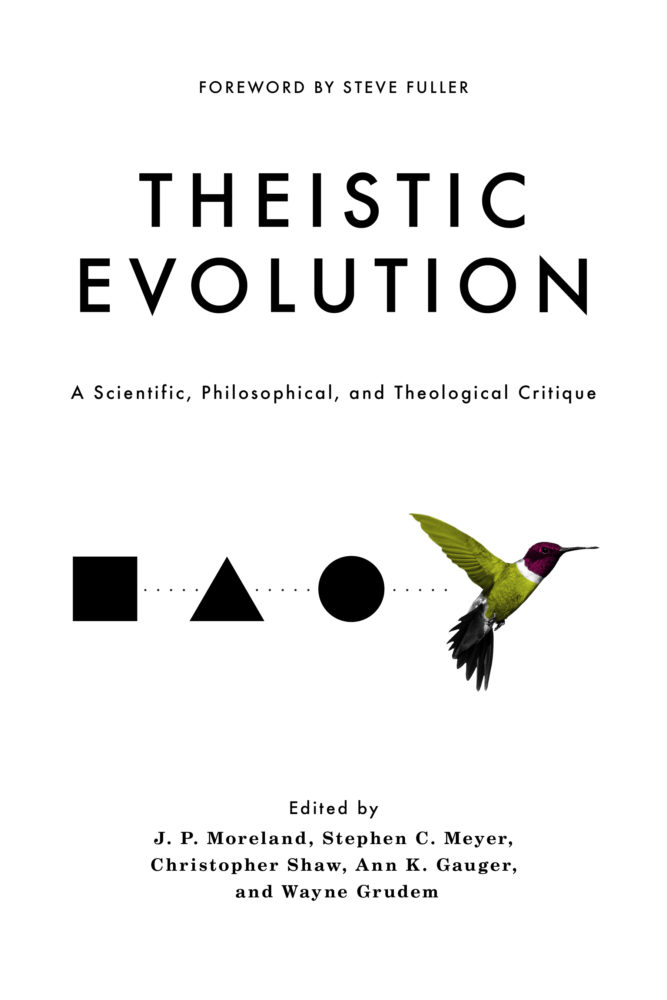
Theistic Evolution
A Scientific, Philosophical, and Theological Critique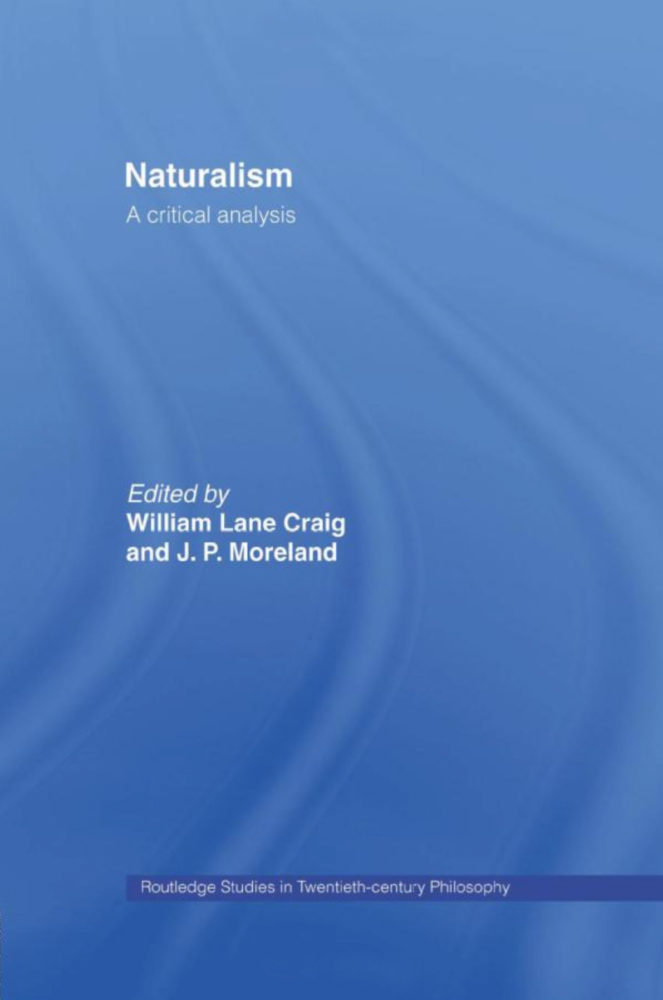
Naturalism
A Critical Analysis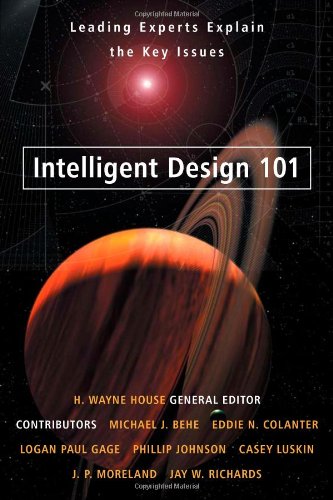
Intelligent Design 101
Leading Experts Explain the Key Issues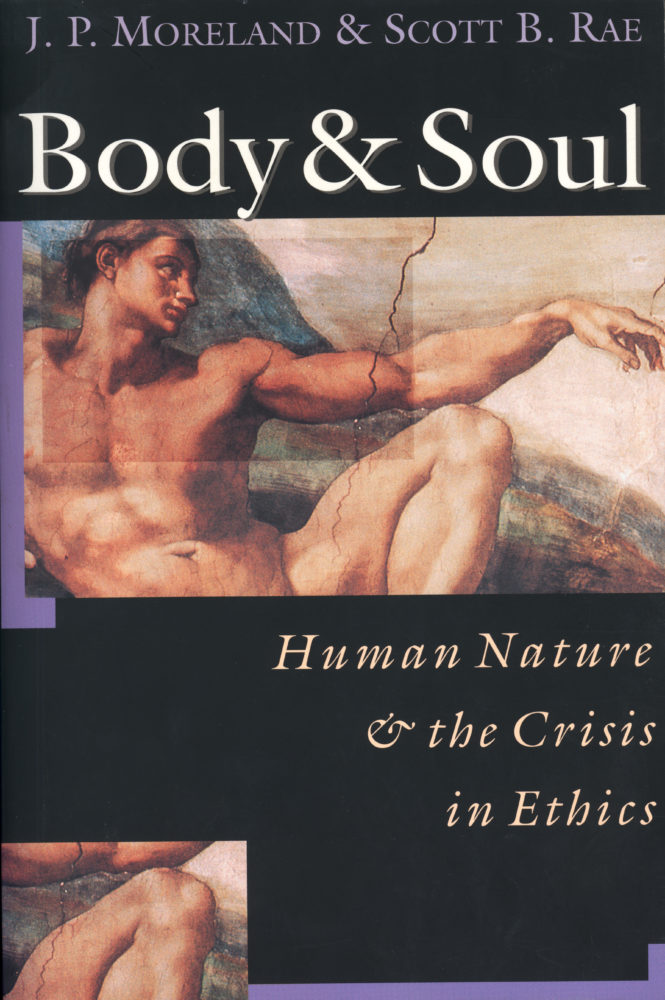
Body & Soul
Human Nature & the Crisis in Ethics